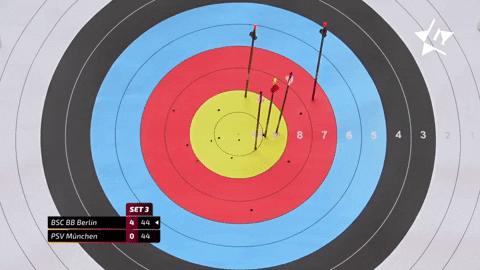It’s been a challenging market out there for many investors. Up until the last couple of days, it feels like almost every stock outside of the energy and commodities sector has been bleeding every day.
Just when it seemed stocks couldn’t go any lower, tech stocks made new 52-week lows and continued lower, until finally, we got the massive bounce!
This is where traders can have an edge. By being nimble and cutting trades, it is possible to avoid huge drawdowns and be able to capitalize on major bounces. You see the biggest moves come in bear markets, as we saw with Alibaba (BABA) and Chinese stocks yesterday. Investors have been getting smoked, but patient traders could have capitalized this week!
There will be periods of underperformance as a trader. It happens and is a part of the game. How traders react to these situations separates the best from people who are forced out of the game. Today I will discuss why it’s crucial to cut trades that are not working and focus on risk management.
Hope Is Not A Trading Strategy
There are numerous reasons why trades that are not working need to be cut. First of all, hope is not a trading strategy. Legendary trader Paul Tudor Jones once said you never want to wish or hope. You always want to be trading, in control. Cutting trades is all about opportunity costs.
Intellectual Capital
Stocks need to be cut when they aren’t working to protect Intellectual Capital. You need to maintain flexibility of thought when trading. There are many trading opportunities that set up throughout the days. I don’t want to be caught up thinking about trades that aren’t working and lose focus on other opportunities that may be setting up across the market.
Getting out of trades frees up my mind to pursue new trading setups. I adjust my trading strategy to what is working in the current market. I don’t do the same thing all the time, no matter what, as trading strategies work in some environments and fail in others. This flexibility allows me to stay in tune with the market, a skill I’ve developed over 20 years of trading and share with subscribers in Masters Club weekly.
Psychological Capital
Trading is a performance sport. In order to be able to execute well, you need to be in the best possible frame of mind. Holding on to trades that aren’t working can bring up a host of other issues with your trading. Some of those include revenge trading, fear of missing out (FOMO), incorrect sizing.
If you don’t cut your losses, you might see these issues creep into your trading decisions subconsciously, not even being aware of them at the time.
Emotional Capital
Cutting trades gives me the energy to pursue new trading setups. In my experience, holding onto bad trades saps energy. You begin to worry about the trade, sometimes to the point of being sick to your stomach.
Legendary trader Jessie Livermore once said “A loss never bothers me after I take it. I forget it overnight. But being wrong- not taking the loss- that is what does damage to the pocketbook and to the soul.”
Trades need to be cut to protect your emotional capital. Moving on to the next trade as quickly as possible helps maintain emotional well-being. A vital part of not only trading but life.
Bottom Line
Trades that aren’t working need to be cut as per your plan. Respecting stops is what separates great traders from gamblers. In trading, you always want to be in control, seeking the following great trading setup. Trades need to be cut to protect your psychological, emotional, and intellectual capital, so you are always ready to perform to the best of your ability.




